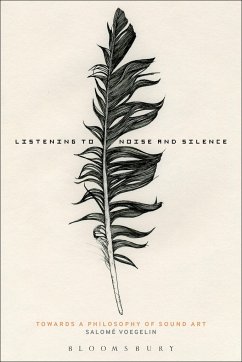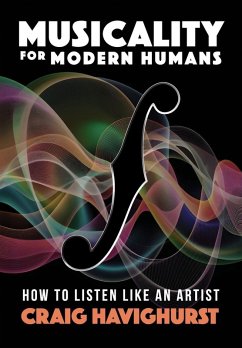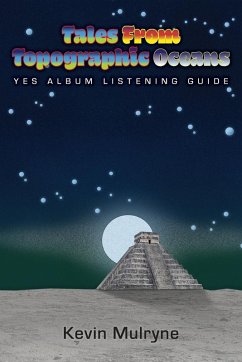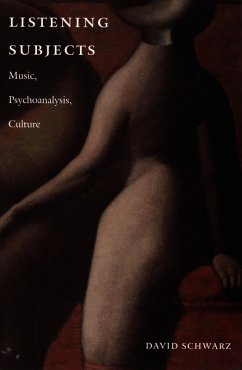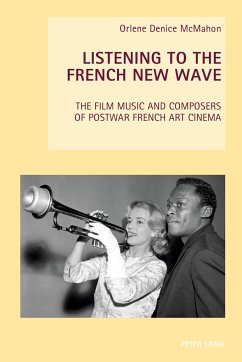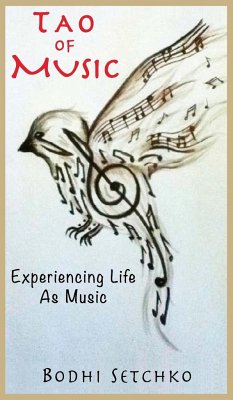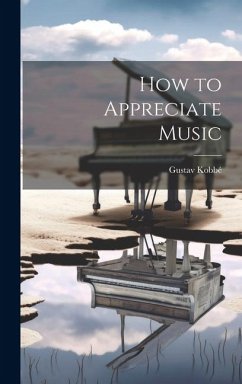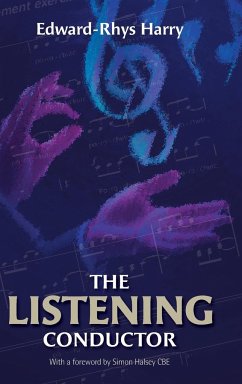
Listening to British Nature
Wartime, Radio, and Modern Life, 1914-1945
Versandkostenfrei!
Versandfertig in über 4 Wochen
98,99 €
inkl. MwSt.
Weitere Ausgaben:

PAYBACK Punkte
49 °P sammeln!
Listening to British Nature: Wartime, Radio, and Modern Life, 1914-1945 arguesthat trench warfare created new practices of listening to nature in order to cultivate an intimate connection with its vibrations to understand danger and to imagine survival. In focusing on the sensing of sounds and rhythms, this study demonstrates how nature retained its emotional potency as the pace of life seemed to increase and new man-made sounds and sonic media appeared all around.




